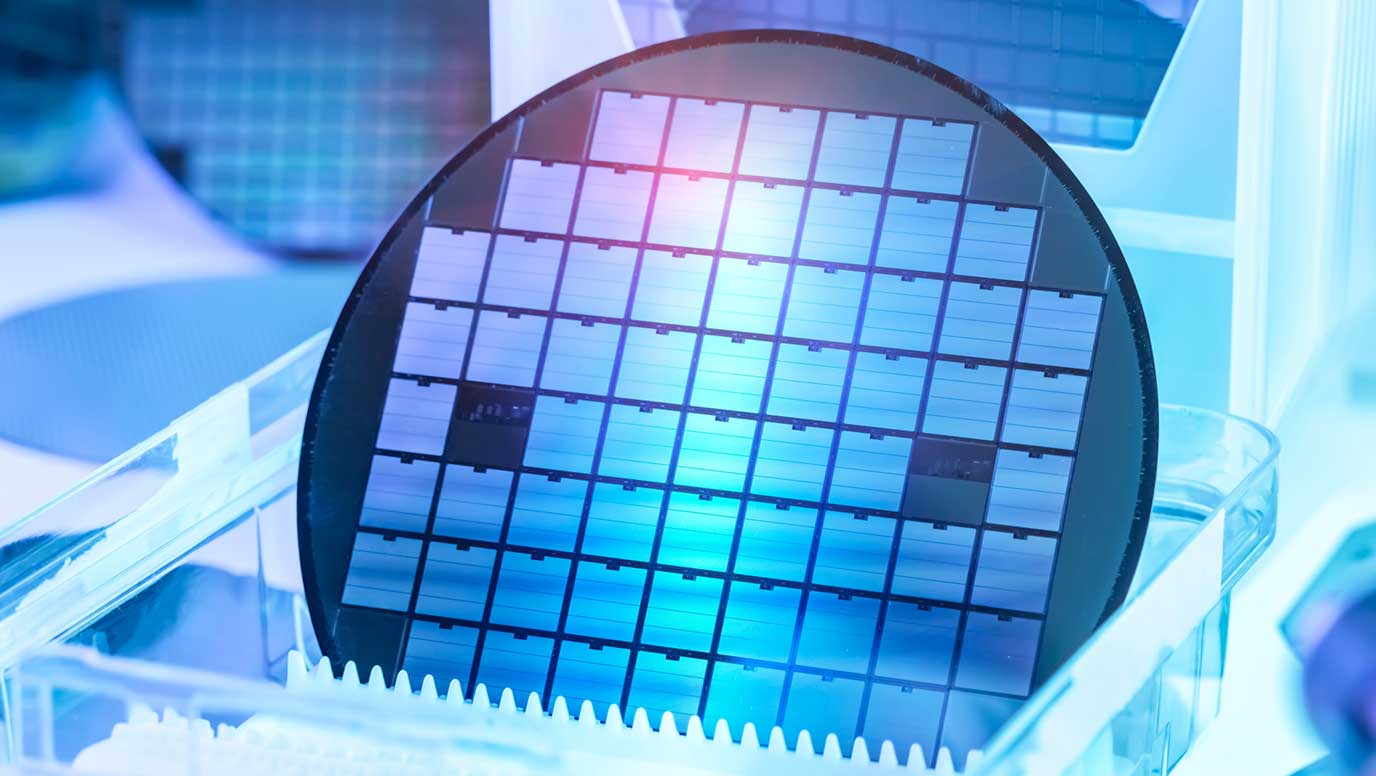Arm and Cambridge at heart of UK’s £10bn superchip drive

Arm CEO Rene Haas hoped the initiatives would prove just the start of a concerted campaign to grow the sector – especially now the company is leading the charge with a new global push in the field of AI.
He said: “It is an honour to host the stakeholder forum ahead of the G7 Semiconductors Points of Contact group at Arm’s global headquarters in Cambridge to advance collective efforts from industry, research organisations and governments to increase supply chain resilience, security, and energy efficiency.
“We look forward to continued partnership with the G7 representatives and the UK government as we work to enable innovation and realise the full potential of AI.”
The meeting immediately followed the OECD Semiconductor Informal Exchange Network gathering, where countries and stakeholders shared strategies for strengthening global semiconductor supply chains and addressing shared challenges in the semiconductor industry.
The UK is playing a key role in the OECD’s efforts to unite government and industry in navigating the complexities of the global chip supply chain.
More concerted support for semiconductor scale-ups was announced as Lord Vallance kicked off the G7 conference.
He revealed that UK semiconductor firms producing vital technology from phone screens to surgical lasers were among 16 projects sharing an £11.5 million pot – provided by Innovate UK – to drive the innovation.
Cambridge organisations were again to the fore: Paragraf, winner of the Business Weekly Awards two years ago, shares more than £1.4m with research partners UK Electronic Skills Foundation (UKESF), University of Birmingham, Cupio Services Ltd and the University of Glasgow.
Paragraf successfully participated in Innovate UK’s semiconductor feasibility studies to scale up its graphene technology from 2″ wafers to 6″ wafers.
Now, Paragraf’s vision is to set up the first 2D materials device foundry in the world, focusing first on graphene. This is due to the extraordinarily large number of device applications that can be served with its proprietary growth technology, and crucially that all devices produced up work excellently and are commercially viable. This site will become the foundry, with the original, smaller site focusing on research and development.
This project aims to:-
• Transfer the 6″ graphene growth technology from the R&D site to the foundry
• Manufacture devices from these 6″ wafers
• Investigate failure mechanisms of these novel devices
• Perform industry standard reliability testing.
Each of the participant organisations will perform advanced testing of the graphene devices created. The reliability testing and cryogenic testing proposed has never been done for graphene devices.
Cupio Ltd will work with Glasgow University to transfer novel reliability tests to its device test facilities, thus providing an industrial test partner to service the new foundry.
Another project, led by Quantum Advanced Solutions Ltd with the University of Cambridge, is developing advanced shortwave infrared (SWIR) sensors which improve vision in critical sectors like defence, by supporting surveillance in challenging conditions in low-visibility environments, such as during adverse weather conditions or atmospheric disturbances.
The project looks to simplify production using innovative quantum dot materials – tiny semiconductor particles that emit light at specific wavelengths – offering higher sensitivity and performance, cutting costs and making this advanced technology more accessible to multiple sectors including manufacturing and healthcare.
Lord Vallance, said: “Semiconductors are an unseen but vital component in so many of the technologies we rely on in our lives and backing UK innovators offers a real opportunity to growth these firms into industry leaders, strengthening our £10 billion sector and ensuring it drives economic growth.
“Our support in these projects will promote critical breakthroughs such as more efficient medical devices that could significantly lower costs and faster manufacturing processes to improve productivity.
“Hosting the G7 semiconductors Points of Contact group was also a chance to showcase the UK’s competitive and growing sector and make clear our commitment to keeping the UK at the forefront of advancing technology.”


